

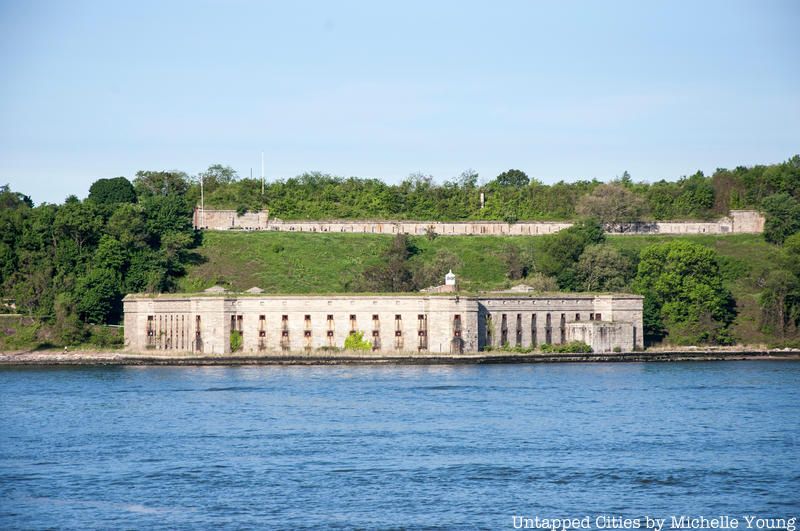
Fort Wadsworth is one of the oldest military installations in the country. Occupying 226 acres on the northeastern shore of Staten Island, on the Narrows of New York Harbor, it was fortified by the British in 1779 and served as the prime defensive location for the rest of the Revolutionary War. Since about World War I, sections fell into disrepair and remain largely abandoned. Here are some photos of the abandoned Fort Wadsworth.
In a Cultural Resource Management Study conducted in 1983 by the National Park Service, research showed that despite the claims, Fort Wadsworth was erroneously assumed to have been around since 1636 as a Dutch blockhouse, which would definitely make it the oldest military installation in the nation. While there is some possible evidence of this given the previous Dutch occupation of the New York area, including Staten Island, it would be more accurate to say the history of Fort Wadsworth should begin with its first being used as a location for channel-bearing artillery during the Revolutionary War.
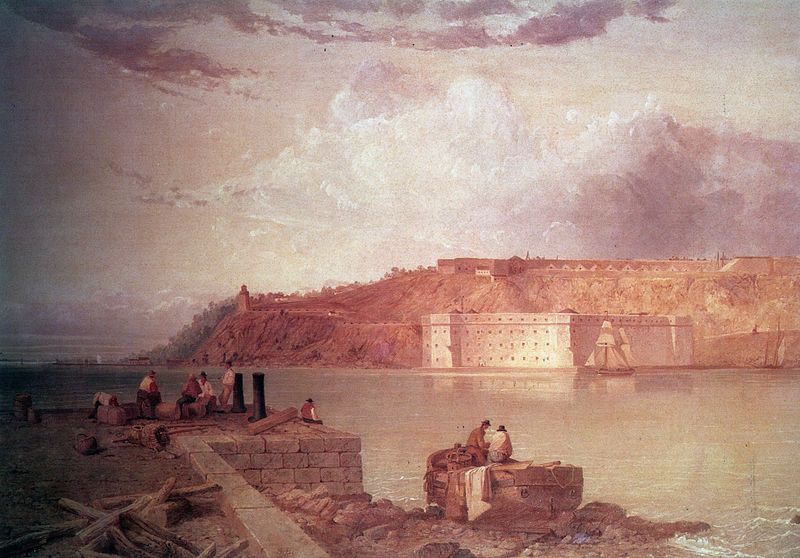
“Fort Tompkins and Fort Wadsworth, New York,” 1870-1875 by Seth Eastman. Image via Wikimedia Commons
Since its role in the American Revolution, Fort Wadsworth remained a safeguarding fortification through the War of 1812, and stood guard during the Civil War. The original fort that stood was demolished and reconstructed as Fort Richmond between 1847 and 1862 as the third system of fortifications built in the area. In 1865, Fort Richmond was renamed Fort Wadsworth to honor Brevet Major General James Wadsworth, who was mortally wounded at the Battle of the Wilderness during the Civil War.

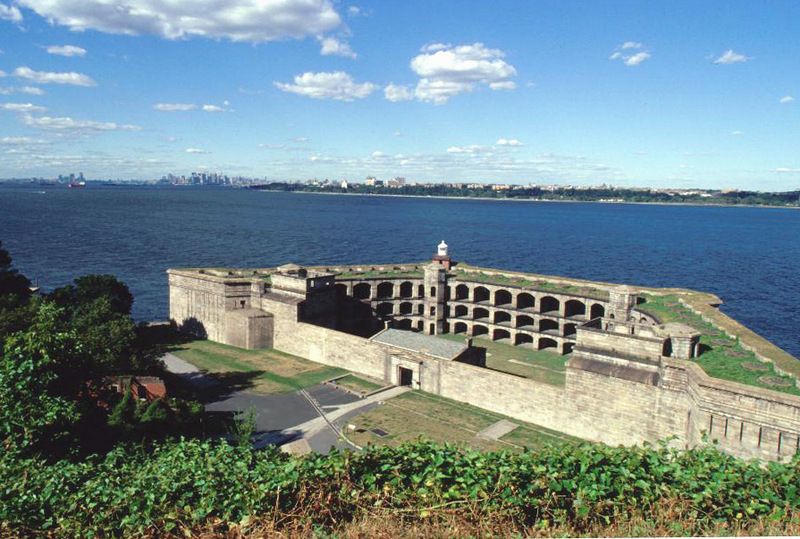
Image from the National Park Service
The fort underwent another phase of construction during the early 20th century when the US government convened the Endicott Board in 1885 to create a new system of defense using the latest weaponry. The Endicott batteries were constructed, but because they never saw combat, they were abandoned shortly after World War I where it became an infantry post for Coast Artillery soldiers through World War II.
In a cultural turn of events, there was a groundbreaking ceremony for a National American Indian Memorial to be built in the area in 1913. President William Howard Taft even attended the ceremony. Despite the seemingly wonderful proposal for the installation of a 165-foot tall statue of an Native American, the memorial was never constructed.
While the fort was occupied in some capacity until 1995, most of the area went unused and fell into disrepair. Other instances of occupation include from 1955 to 1960 being the headquarters of the 52nd Anti-Aircraft (AAA) Brigade, the unit that oversaw the Nike Missile firing batteries of the New York Defenses during the height of the Cold War.
The United States Army Chaplain School was located at the Fort Tompkins section of the site from 1974 to 1979 until the the US Navy made it headquarters of Naval Station New York.
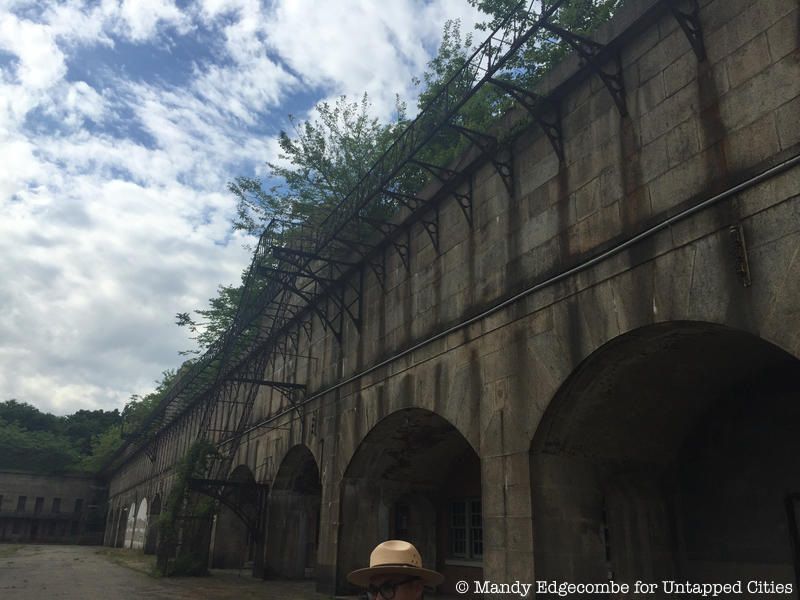
In 1995, Fort Wadsworth was turned over to the National Park Service’s Gateway National Recreation Area where the third system forts (Battery Weed and Fort Tompkins) remained well-maintained buildings occupied by the Coast Guard, Army Reserve, and Park Police. The section known as the headlands, however, remains abandoned with the Endicott batteries off-limits to the public.
But the history and people’s fascination with the area has not waned, with new discoveries made, particularly in the aftermath of Hurricane Sandy. According to Abandoned NYC, “the storm caused a section of a cliff to collapse, downing several large trees and exposing the entrance to a previously unknown battery,” likely a part of the third system constructed in the 1870s. There are likely many more hidden secrets within Fort Wadsworth, but only the test of time (or research) will reveal history that’s long been buried. Check out more photos of the abandoned fort below.
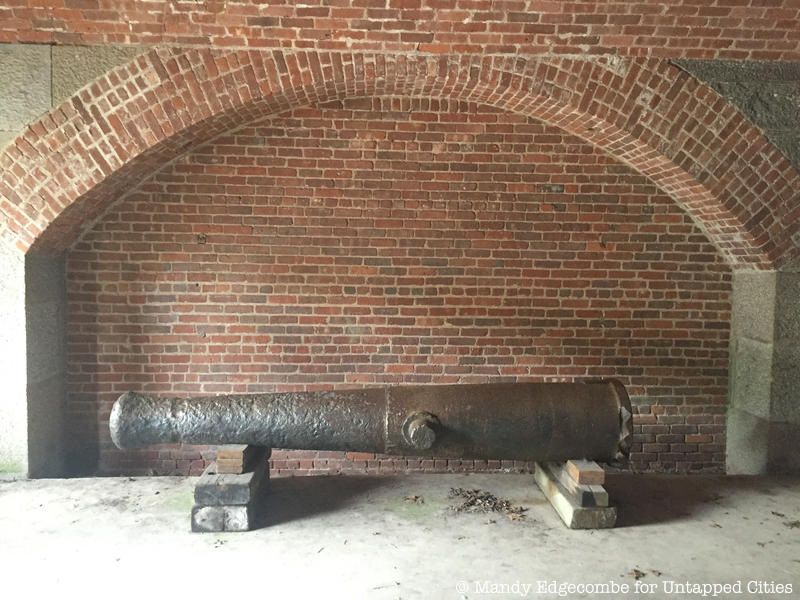
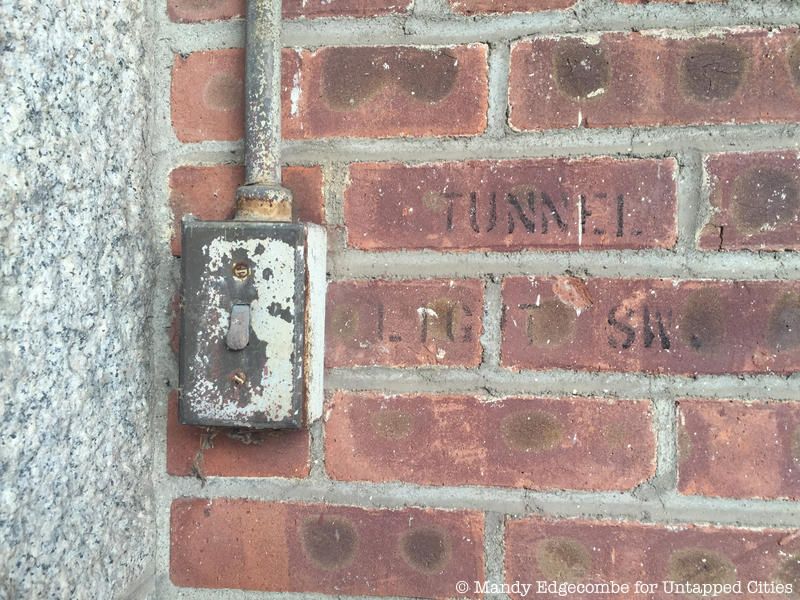
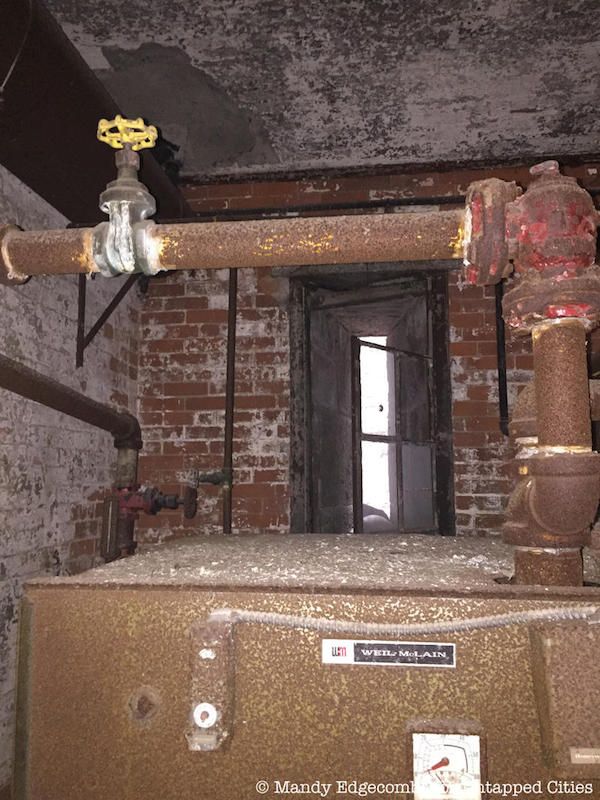
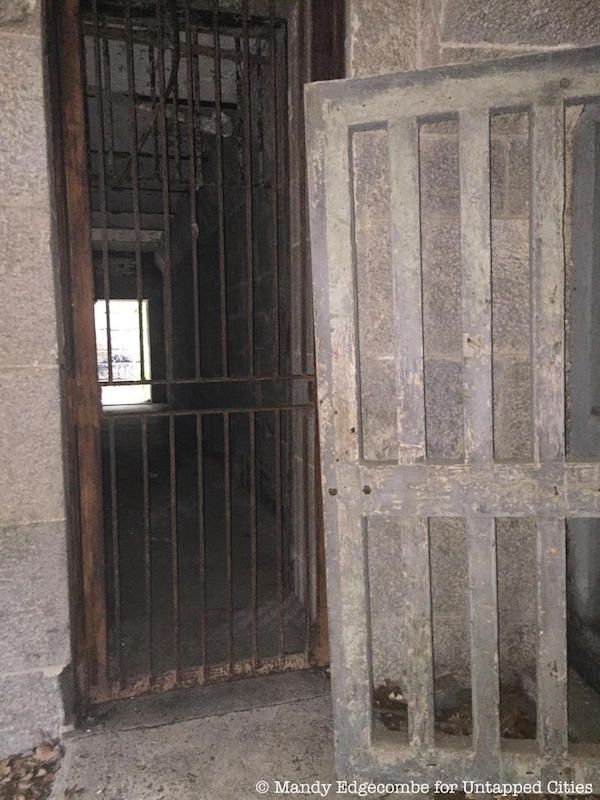
Next, check out 18 of NYC’s Former Military Forts and The Top 10 Secrets of NYC’s Fort Tryon Park.

